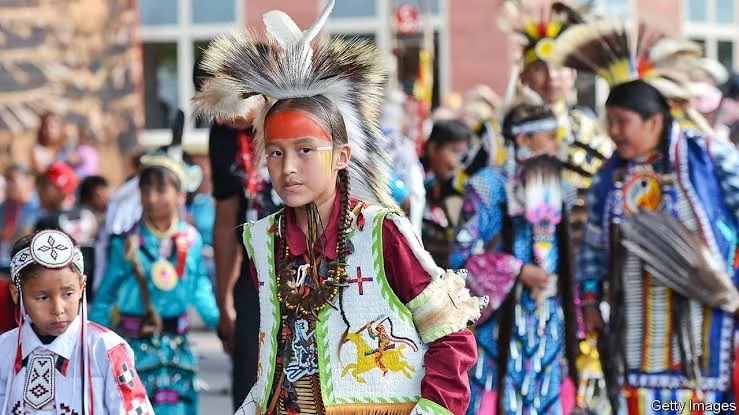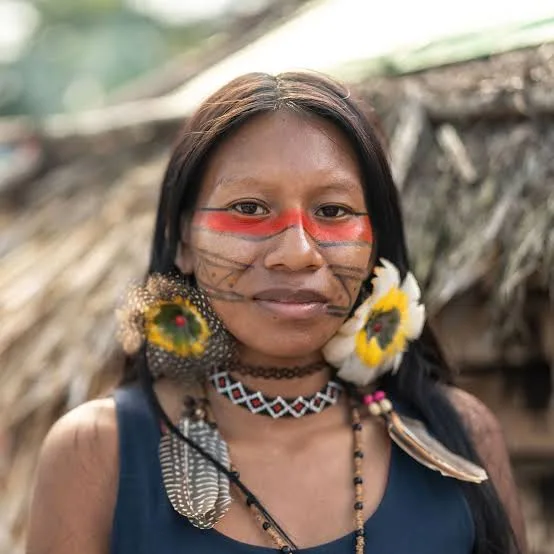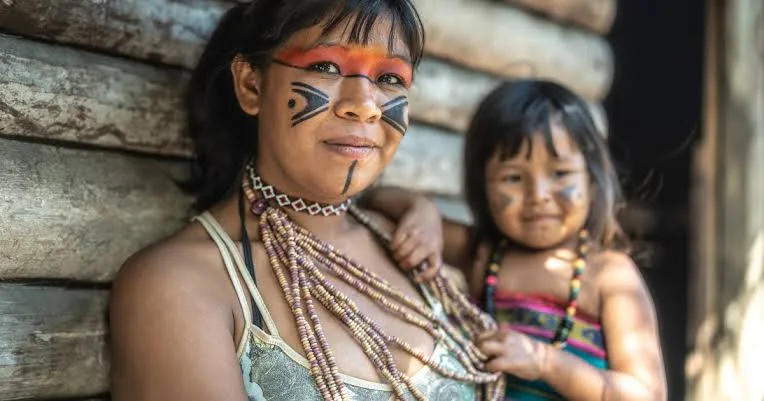Indigenous history spans thousands of years, encompassing the experiences of diverse peoples across every inhabited continent. These communities have distinct cultural, social, and economic structures shaped by their traditional territories and historical contexts.
Defining Indigenous Peoples
The term “Indigenous” refers to communities that have a historical continuity with pre-invasion and pre-colonial societies. They are culturally distinct groups that maintain strong ties to their ancestral lands, languages, and traditions. Self-identification as Indigenous is a fundamental criterion for determining these groups.

Historical Experiences
Indigenous peoples have faced significant challenges throughout history, including:
– *Colonization*: European powers colonized Indigenous lands, imposing foreign systems of governance, economy, and culture. This led to displacement, violence, and marginalization.
– *Loss of Land and Resources*: Indigenous peoples were forcibly removed from their territories, leading to loss of traditional livelihoods, cultural practices, and spiritual connections.
– *Disease and Population Decline*: The introduction of new diseases decimated Indigenous populations, who had no immunity to these diseases.

Regional Experiences
– *Americas*:
Indigenous populations in the Americas experienced devastating population decline due to disease, violence, and forced labor. The Aztec and Inca empires were conquered by Spanish colonizers, leading to the imposition of European culture and governance.
– *Africa*:
European colonization disrupted traditional societies and imposed foreign systems of governance. Many African Indigenous groups continue to face challenges related to land rights, cultural preservation, and self-determination.
– *Oceania*:
Indigenous populations in Australia, New Zealand, and other Pacific Islands experienced colonization, displacement, and violence. Many Indigenous groups in the region continue to advocate for land rights, cultural preservation, and self-determination

.
Modern-Day Challenges
Indigenous peoples today face numerous challenges, including:
– *Land Rights*: Many Indigenous communities continue to fight for recognition of their traditional land rights and self-determination.
– *Cultural Preservation*:
Indigenous cultures, languages, and traditions are at risk due to globalization, urbanization, and cultural assimilation policies.
– *Economic Development*: Indigenous communities often face significant economic disparities and limited access to resources, infrastructure, and economic opportunities.
Environmental Stewardship
Indigenous peoples have traditionally practiced sustainable land management and environmental stewardship. Their knowledge and practices are increasingly recognized as essential for addressing global environmental challenges, such as climate change and biodiversity conservation.
International Recognition
The United Nations Declaration on the Rights of Indigenous Peoples (2007) affirms the rights of Indigenous peoples to self-determination, cultural preservation, and land rights. The International Labor Organization’s Convention 169 (1989) also protects the rights of Indigenous and tribal peoples.
Conclusion
Indigenous history is a rich and complex narrative of resilience, adaptation, and cultural preservation. Understanding and respecting Indigenous experiences is essential for promoting reconciliation, self-determination, and human rights. By recognizing the rights and contributions of Indigenous peoples, we can work towards a more equitable and sustainable future.
